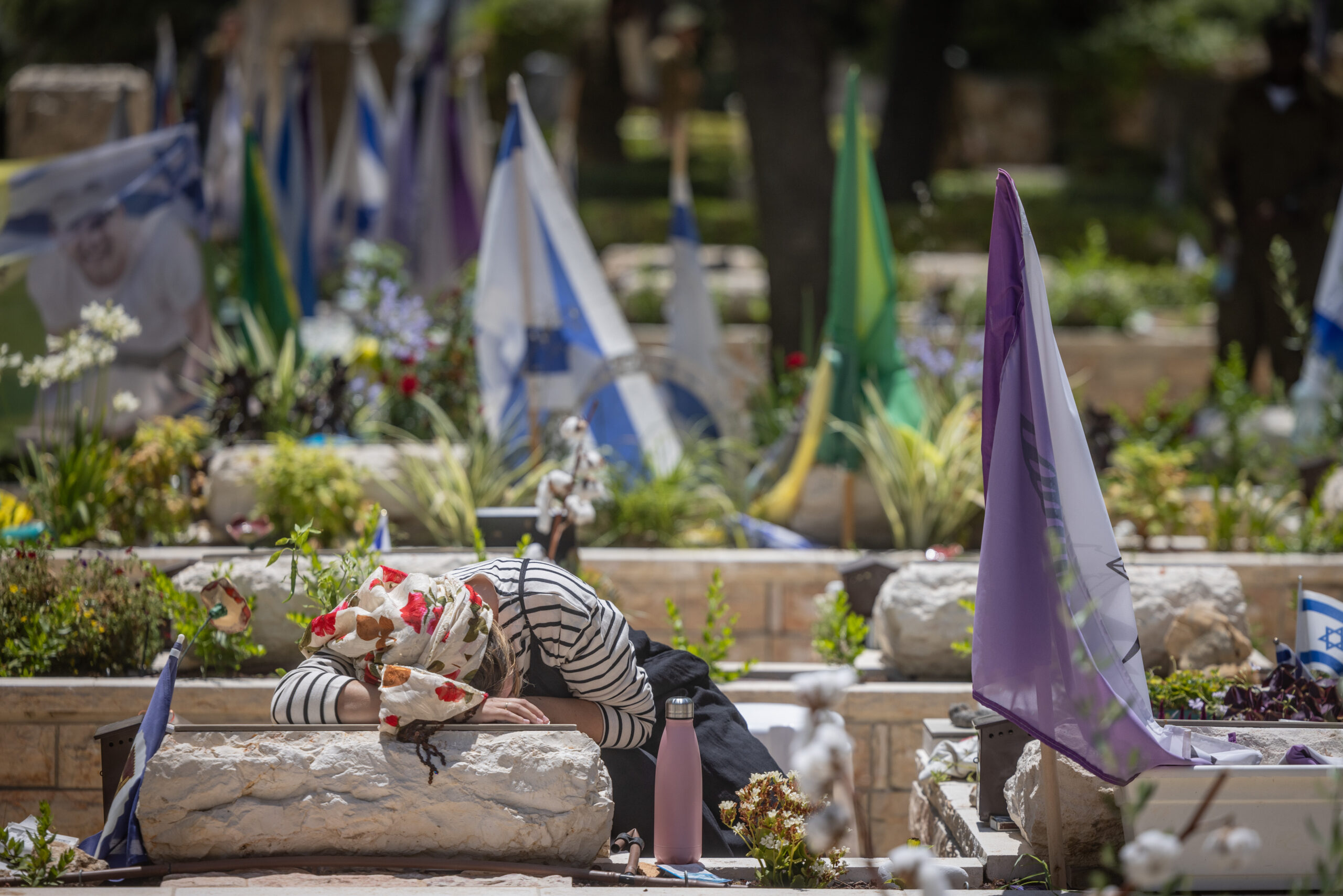In the Hebrew Bible, the story of Ruth and Naomi highlights the profound struggles faced by widows, especially when poverty follows the loss of a husband. After the death of her husband and two sons, Naomi found herself not only mourning her loved ones but also facing the crushing reality of having no means of support. She was devastated by her losses and felt abandoned, crying out, “Don’t call me Naomi, call me Mara, because the Almighty has made my life very bitter” (Ruth 1:20-21). With no husband or sons to care for her, Naomi was left to navigate a harsh world alone.
Ruth, Naomi’s daughter-in-law, was also a widow. Despite her own grief and vulnerability, Ruth chose to stay with Naomi, refusing to abandon her, even though the path ahead was uncertain and fraught with hardship. Together, they returned to Israel with nothing but faith and determination. Ruth worked tirelessly in the fields, gleaning the leftover grain to feed herself and Naomi. Ruth’s loyalty eventually led to her marriage to Boaz, which restored their future.
The poverty Ruth and Naomi faced came only after their husbands’ deaths. Ruth’s devotion to Naomi in their shared widowhood is a testament to their resilience, but it’s also a reminder of how the loss of a husband or father meant more than emotional grief—it meant the loss of financial security, protection, and societal standing.
This story is a powerful reflection of the struggles many widows face today, including those in Israel. Like Naomi and Ruth, many Israeli widows are left to face life’s challenges without a husband or father to provide for them. According to Israel’s Central Bureau of Statistics, nearly one-third of Israel’s elderly women are widows, and many of them live in poverty. These women, like Ruth, often have to rely on meager means just to survive.
Take Miriam, for instance. Miriam’s husband, Yossi, was killed in a terror attack while serving in the Israeli Defense Forces. Left to raise three children on her own, Miriam has fought to keep the family together, but the financial strain is immense. “I can’t even afford to send my kids to school anymore,” she says. “It feels like everything I’ve worked for is slipping away.”
Miriam’s story is just one example of what many widows in Israel endure. They face the same battles Naomi and Ruth once did: the emotional toll of loss compounded by the harsh reality of living without the financial support of a husband. Widows, like Ruth, are forced to start over, without the safety nets that society once provided.
The Bible commands us to care for the widow: “Defend the cause of the fatherless; plead the case of the widow.” (Isaiah 1:17). This isn’t just a call for charity—it’s a divine obligation. When you stand with Israel’s widows, you are fulfilling God’s Word and positioning yourself to be part of His promise: “I will bless those who bless you.” (Genesis 12:3).
Israel’s widows need you now more than ever. They have already given so much to Israel. Now, it’s time for you to stand with them, just as Ruth stood with Naomi. Your support will provide them with the means to rebuild their lives, offering them the chance for hope, dignity, and security in a difficult world.
Will you stand with Israel’s widows today? If the answer is yes, please consider visiting our site, by clicking here, to help.





